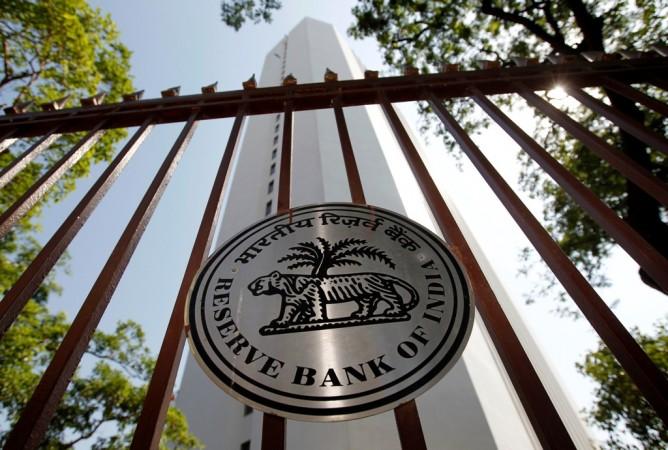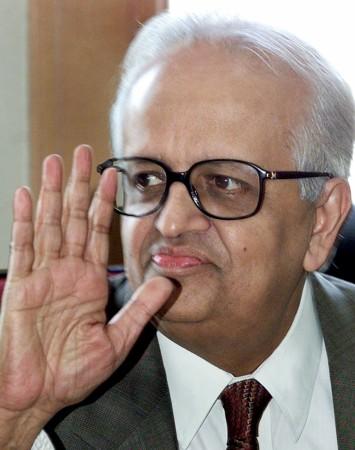
Prime Minister Narendra Modi's government may put more pressure on the Reserve Bank of India (RBI) to release a more substantial amount from the cash reserves to meet the target in the budget that Finance Minister Nirmala Sitharaman presented earlier this month, reports suggest. This follows the proposal of a panel headed by former governor Bimal Jalan for 'nominal' transfer of funds to the government over 3 to years, which falls short of the government's expectations. The report was submitted to governor Shaktikanta Das.
Sitharaman's predecessor Arun Jaitley had a running battle with the central bank during the tenures of Raghuram Rajan and Urjit Patel over the economic capital framework. Sitharaman may find it a little easier with a former bureaucrat in Das, a former finance secretary, at the helm of the central bank, observers believe. The committee has also suggested a periodic review of the economic capital framework, the report on the Business Standard website says. The government's nominee on the panel, finance secretary Subhash Chandra Garg strongly opposed the recommendations, arguing for a more liberal release of the reserves, the report says.
Apart from the presence of Das, the early exit of Viral Acharya, a deputy governor who was hawkish about the central bank's autonomy, may also make it easier for Sitharaman to pressure the central bank to achieve her objectives.
The RBI keeps a cash reserve to ensure financial stability during fluctuations in global financial upheavals. Traditionally, the governors have been conservative in their approach to maintaining the cash reserves. Although Das did the government's bidding in matters of monetary easing ahead of the elections with back-to-back interest rate cuts seeking to infuse more financial liquidity into the economy, it would have to be seen if he would oblige the government in the matter cash reserves. Especially at a time when financial experts recommend prudent financial policies with the US-China trade war on the horizon and the US-Iran conflict threatening to roil international oil prices.

"The report has proposed a formula for a nominal transfer of a portion of the RBI's reserves to the central government in a period of three-five years. This is in line with the current practice being followed by the RBI for transferring dividend annually," the report says, citing a person close to the development. The person said the panel members might "not be unanimous" on the suggestions the committee made. The report would likely include a dissent note by Garg, who is the government's representative on the panel.
Difference of opinion
The finance ministry had initially expected around Rs 3 lakh crores from the RBI's reserve funds. The six-member panel headed by Jalan and co-chaired by former RBI deputy governor Rakesh Mohan was formed in December at the insistence of the finance ministry. The mandate of the committee was to fix an economic capital framework so that the government would be assured of a larger payout from the reserves.
The main difference of opinion within the panel was over transferring the RBI's "excess" capital reserves, according to the report. While most panel members are in favour of a phased transfer of the RBI's capital reserves to the government over the years, the government's view, voiced by Garg, was for a one-time transfer. For this financial year, the government had accounted for around Rs 20,000 crore as "additional dividend" from the RBI, a finance ministry official said. This, the official said, is unlikely to happen.
In the 2019-20 Receipts Budget, Sitharaman increased the allocation towards the "dividend or surplus of RBI, nationalised banks and financial institutions" by Rs 23,130 crore to Rs 1.06 lakh crore, when compared to the Interim Budget.










